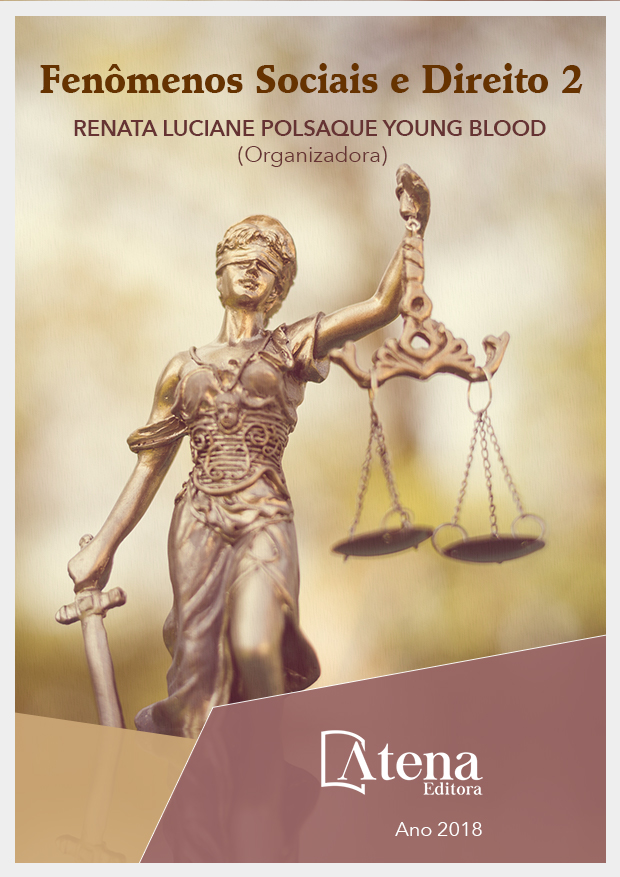
A IMUNIDADE DE JURISDIÇÃO DO ESTADO SOB A ÓTICA PROCESSUAL BRASILEIRA
Decorrente do princípio da soberania,
a imunidade de jurisdição de Estado é regra
estabelecida no Direito Internacional, tendo
sido, mais recentemente, corroborada pela
Corte Internacional de Justiça em julgamento
proferido em favor da Alemanha, datado 14 de
fevereiro de 2012. De tal decisão, é possível
depreender-se que a imunidade de jurisdição
é regra procedimental, bem como que nenhum
Estado soberano pode permitir que suas cortes
internas exerçam jurisdição sobre outro Estado–
igualmente soberano –, afora em exceções
hoje reconhecidas pelo Direito Internacional.
Para assegurar o respeito à regra, e mesmo
quando as exceções são aplicadas, o Direito
Processual Brasileiro adota procedimentos
próprios, de acordo com a legislação, os quais
serão abordados no presente artigo, mediante
análise jurisprudencial. A execução de sentença
será igualmente – e brevemente – tratada mais
adiante.
A IMUNIDADE DE JURISDIÇÃO DO ESTADO SOB A ÓTICA PROCESSUAL BRASILEIRA
-
DOI: Atena
-
Palavras-chave: Imunidade de jurisdição. Estado estrangeiro. Aplicação prática. Processo Civil.
-
Keywords: Jurisdictional immunity. Foreign State. Enforcement. Civil procedures.
-
Abstract:
Resulting from de sovereignty
principle, State immunity regarding jurisdiction
is a well-established rule in International
Law, being, more recently, supported by the
International Court of Justice in the judgment
given in favor of Germany, dated 14th February
2012. From this decision, it is possible to surmise
that State immunity is a procedural rule, as well
as no – sovereign – State can allow its internal
courts do exercise jurisdiction over another –
equally sovereign – State, apart from exceptions
nowadays acknowledged by International Law.
To ensure that the rule will be respected – and
even when the exceptions are applied –, Brazilian
Law adopts its own procedures, according with
the current law, which are going to be addressed
in this article, upon jurisprudential analysis. The
enforcement of judgments will also – and briefly
– be addressed further on.
-
Número de páginas: 15
- Tatiana Cardoso Squeff


